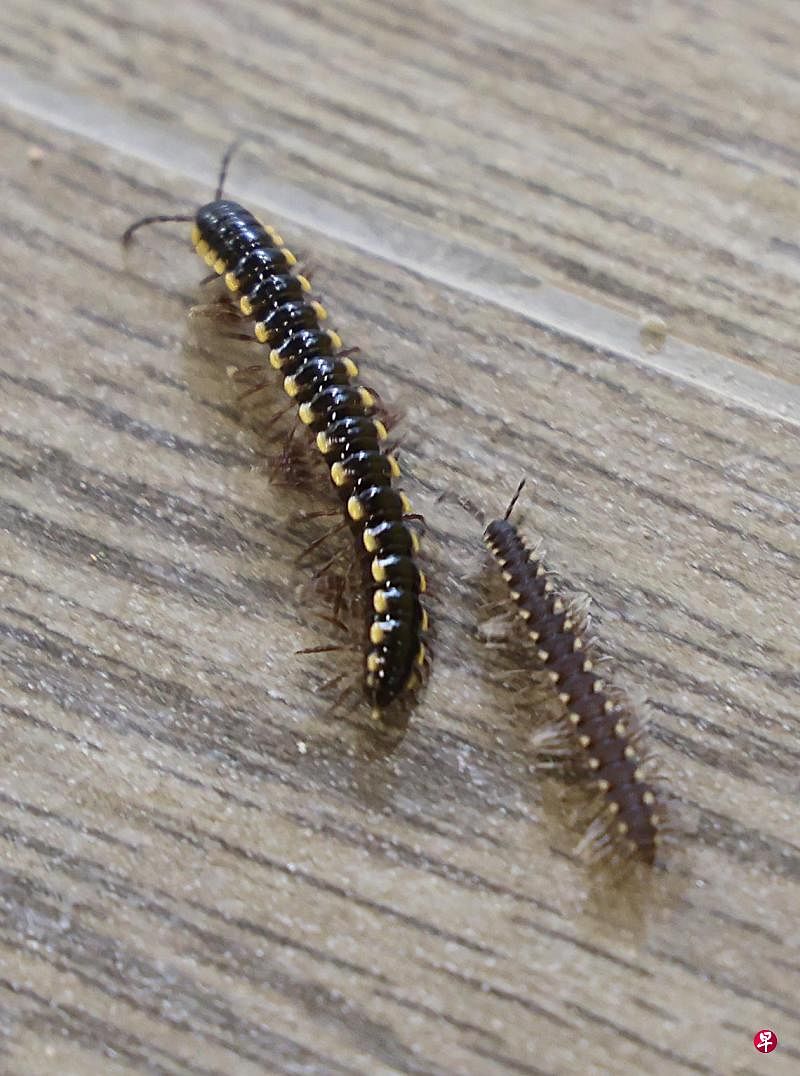If you dream of living in a penthouse with a sky garden, you might want to read this.
Because other than having some great view, you’d also have some not-so-great visitors: millipedes.
Here’s what happened in Punggol.
Millipedes Invade New Punggol HDB Flats; Residents Deal with Daily Clean-ups
Residents at the new Punggol HDB flats are facing an unexpected roommate situation – millipedes crawling everywhere, from corridors to bathrooms.
The issue came to light when residents of Block 446B Punggol Way contacted Shin Min Daily News about these uninvited guests.
Some residents have been battling these crawlers since moving in two months ago.
A resident says he spots these creatures daily in the corridors. “They range from 1-2cm to 3-4cm in length,” he said. “You’ll see loads of them during my morning exercises around 6-7am. Two even made their way into my home.”
Here’s how they look like:


Yes, if it were me, I’ll just move out immediately.
But how can millipedes crawl all the way from the ground up?
It turns out that it’s due to a sky garden on the 10th floor connects four HDB blocks.
A new soil could have led to the millipedes.
The resident has taken matters into his own hands – spraying insecticide outside his door every morning and washing the corridors on weekends. But the critters keep coming back.
Another resident deals with these crawlers in her bathroom and house corners, saying that she has to run their own pest control operation every day.
When Shin Min Daily News reporters visited the area, they found millipedes crawling up staircases across all four blocks. Units closest to the sky garden on the 10th floor had insecticide bottles ready, with dead millipedes visible in the drains.
The town council responded by sending pest control workers on Saturday morning to spray insecticide in the corridors and sky garden.
Are Millipedes Dangerous?
While they look scary, millipedes are generally not dangerous to humans. Unlike their cousin, the centipede, millipedes do not bite or sting. They are slow-moving and usually curl up into a ball when threatened.
And because they move so slow, chances are, you might have stepped onto a few before, crushing them to death.
Their primary defense is to release a chemical that can cause mild skin irritation if touched, but it’s not harmful unless you have sensitive skin or an allergy.
They are more therefore of a nuisance than a danger. They prefer damp places like gardens, basements, and under leaves, where they feed on decaying plant matter. They don’t carry diseases that affect humans and are usually harmless if left alone.




